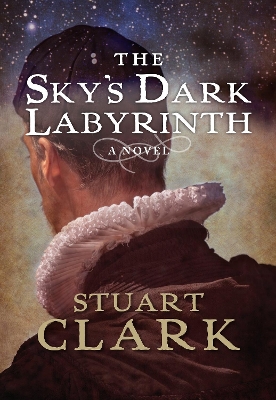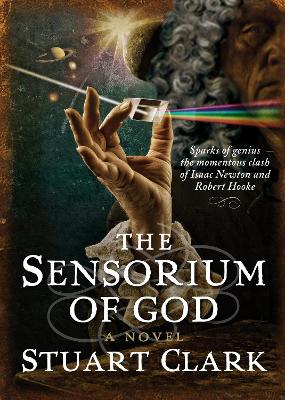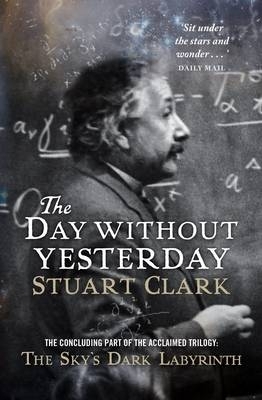The Sky's Dark Labyrinth Trilogy
3 total works 3 total works planned
At the dawn of the seventeenth century everyone believed that the sun revolved around the earth. Yet some men knew that the heavens did not move as they should. And some men began to suspect that this heresy was in fact the truth. As Europe convulsed in conflict between Catholic and Protestant, these men prepared to die for that truth. This is the story of Kepler and Galileo, two men whose struggle with themselves, with the evidence and with the forces of reaction changed not simply themselves but our world.
The Sky's Dark Labyrinth is the first of a trilogy of novels inspired by the dramatic struggles, personal and professional, and key historical events in man's quest to understand the Universe.
It is the late seventeenth century and still the movement of the planets remains a mystery despite the revolutionary work of Johannes Kepler, Galileo Galilei and Tycho Brahe almost a hundred years previously. Edmond Halley - dynamic adventurer and astronomer - seeks the help of Isaac Newton in unravelling the problem, but though obsessed with understanding the orbits of the planets, Newton has problems of his own which could undermine the essential work.
The reclusive mathematician and alchemist has a guilty secret. He stole some of his ideas from Robert Hooke, and the quarrelsome experimentalist is demanding recognition. While capable of the loftiest ideals and theorising, the three men are just as quick to bicker and hold petty grudges which could derail scientific advancement.
The men's lives and work clash as Europe is pushed headlong towards the Age of the Enlightenment and science is catapulted into its next seismic collision with religion.
Europe is marching blindly into the First World War and Berlin is in a storm of nationalist marches and army recruitment. Albert Einstein anticipates the carnage to come when his university colleagues begin work on poison gas to 'shorten the war'. He is also struggling with the collapse of his marriage in the wake of an illicit affair. Increasingly isolated, Einstein finds his academic work sidelined with few people entertaining his outlandish new way of understanding the universe.
Meanwhile, in the trenches of the western front, a devoutly religious young Belgian Georges Lemaitre vows to become both a physicist and a Catholic priest if he survives. When the war ends, Einstein does make his breakthrough and is thrust into the international limelight. Lemaitre confronts him with a startling concept: that buried in the maths of the theory of relativity is a beginning of space and time, a moment when the universe came into existence - a day without yesterday. But can the priest be trusted? Or is he simply trying to foist a version of Biblical Genesis onto Einstein's now world famous theory.


